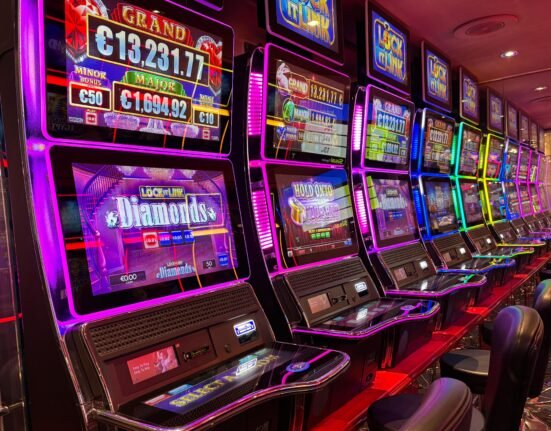Mozambique is expecting a significant uptick in tax revenues generated from its gambling sector in 2025, signaling a renewed focus on regulated gaming as a contributor to the national economy. The latest estimates, included in the proposed Economic and Social Plan and State Budget (PESOE) 2025, project a 29% increase in gambling-related tax income over the previous year, amounting to €7 million ($7.6 million).
Optimistic Revenue Outlook Despite Missed Targets
The forecast marks a notable rise from the €5.4 million collected in 2024 and €5.1 million in 2023. However, it’s worth noting that past projections have not always been met. In 2024, for example, authorities had targeted nearly €17.2 million in gambling tax revenue but managed to collect just 31.4% of that amount by year-end.
Nonetheless, the 2025 target is being viewed as more realistic and attainable, as the government pursues structural improvements in revenue collection and builds on recent momentum in private-sector gaming developments.
Private Investment Fueling Expansion
A major driver of this projected growth is the increased level of private-sector engagement, particularly in tourism-linked gaming projects. In August 2023, five major initiatives were announced, totaling €34 million in investment across several urban centers including Maputo, Beira, Tete, Nampula, Matola, and Pemba. These ventures encompass casinos and slot machine operations, aimed at attracting both domestic and international visitors.
These developments align with broader government efforts to modernize Mozambique’s hospitality infrastructure and leverage gaming as a tourism magnet, especially as regional competition intensifies.
Tax Regime and Concession Requirements
Under Mozambique’s regulatory framework, casino operators are subject to a Special Tax on Gambling, calculated on gross gambling revenue. Rates range from 20% to 35%, depending on the length of the concession. Operators are also obligated to pay a Stamp Duty equivalent to 50% of casino admission ticket prices.
However, concessionaires benefit from a number of fiscal incentives. These include exemptions from other gambling-related taxes and import duties on equipment and materials used exclusively for casino operations, making the environment relatively favorable for large-scale investment.
Regulatory Conditions for Operators
To qualify for a casino concession, applicants must meet stringent financial thresholds. Specifically, companies must demonstrate a minimum share capital of €2.4 million and commit to investing at least €4.9 million within a five-year timeframe. These requirements are designed to ensure that only serious, well-capitalized entities participate in the sector.
The National Directorate of Games of Chance, the agency overseeing regulatory compliance, continues to emphasize the importance of sound governance and financial transparency as gaming grows into a more formalized component of Mozambique’s economic strategy.
Outlook: Betting on Growth Amid Broader Fiscal Goals
With overall government tax revenue for 2025 projected at €5.4 billion, a 10% increase year-over-year, the gambling sector’s growth is expected to play a modest but meaningful role in national fiscal planning. As Mozambique continues to open up to tourism and global investment, its gaming industry appears poised to move from the margins into the economic mainstream, offering both tax revenue and employment opportunities along the way.























